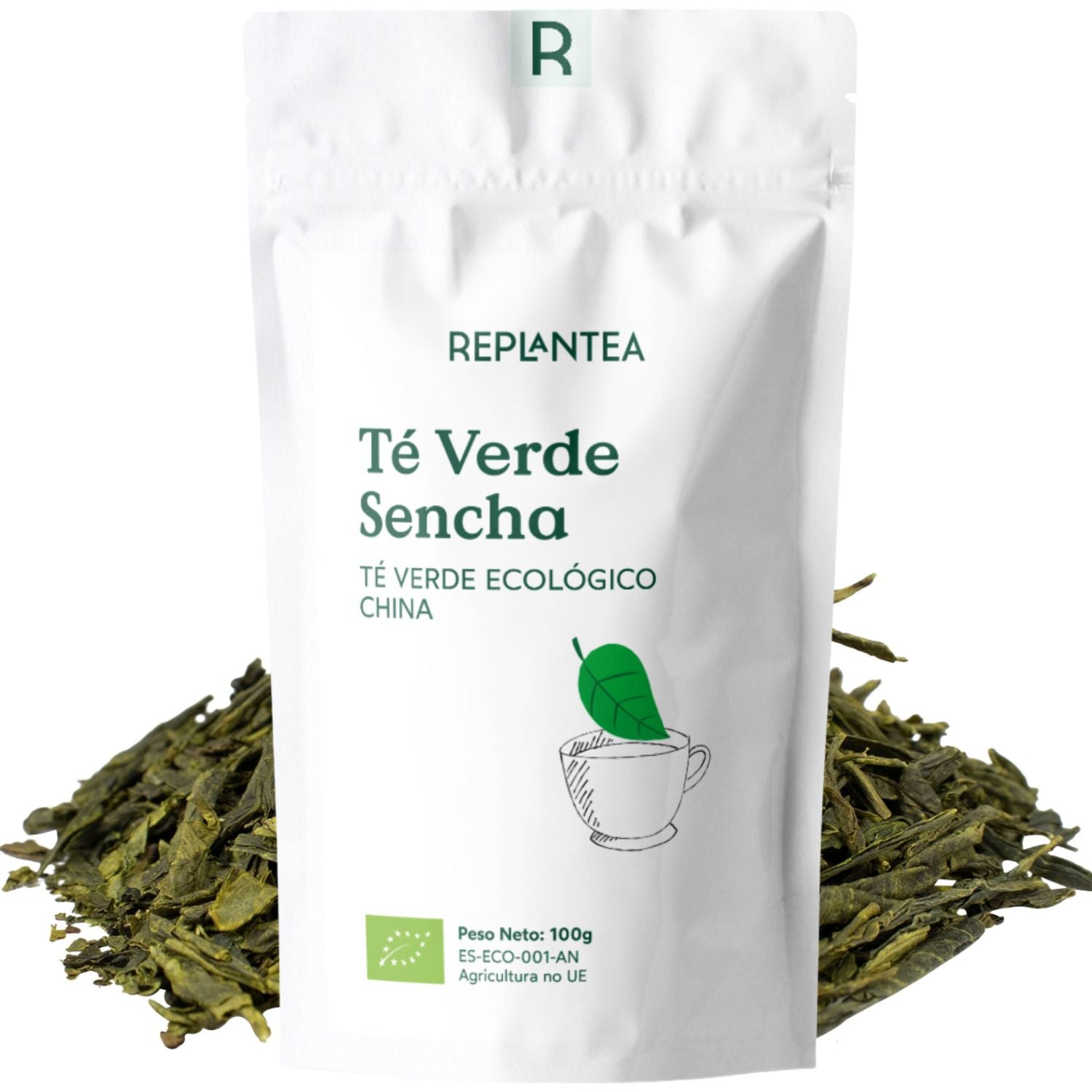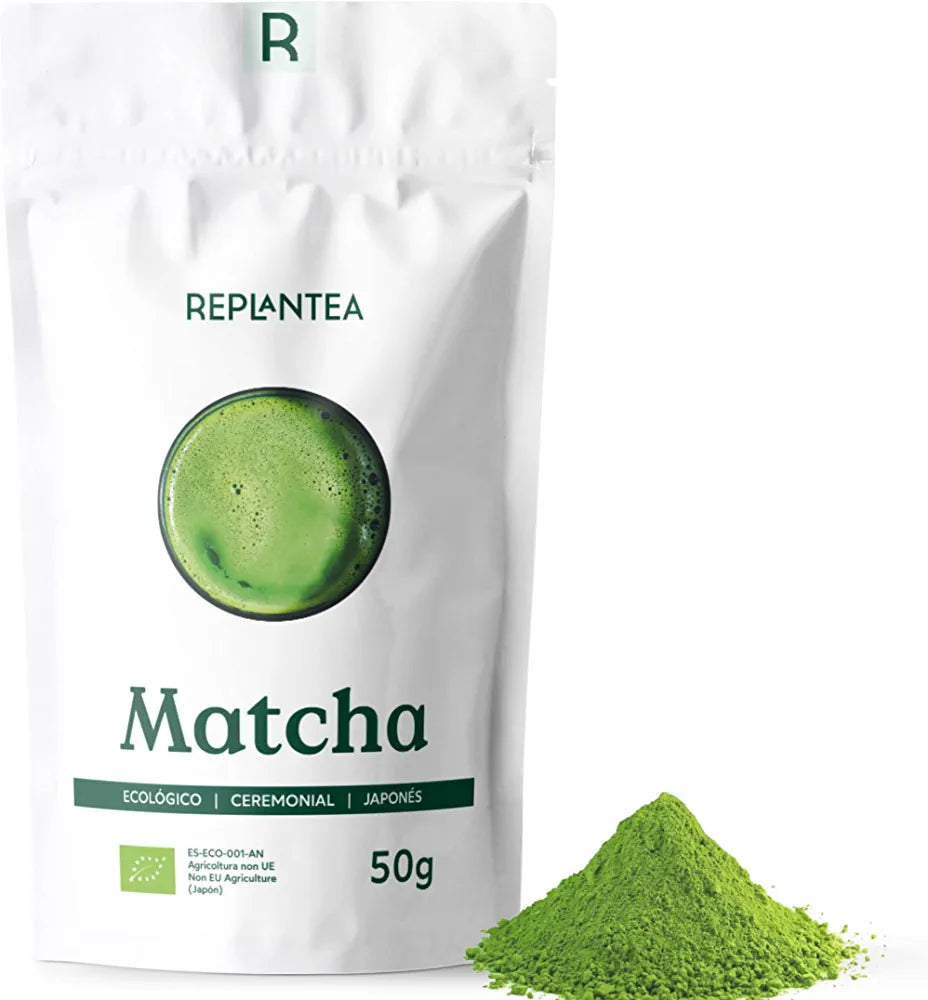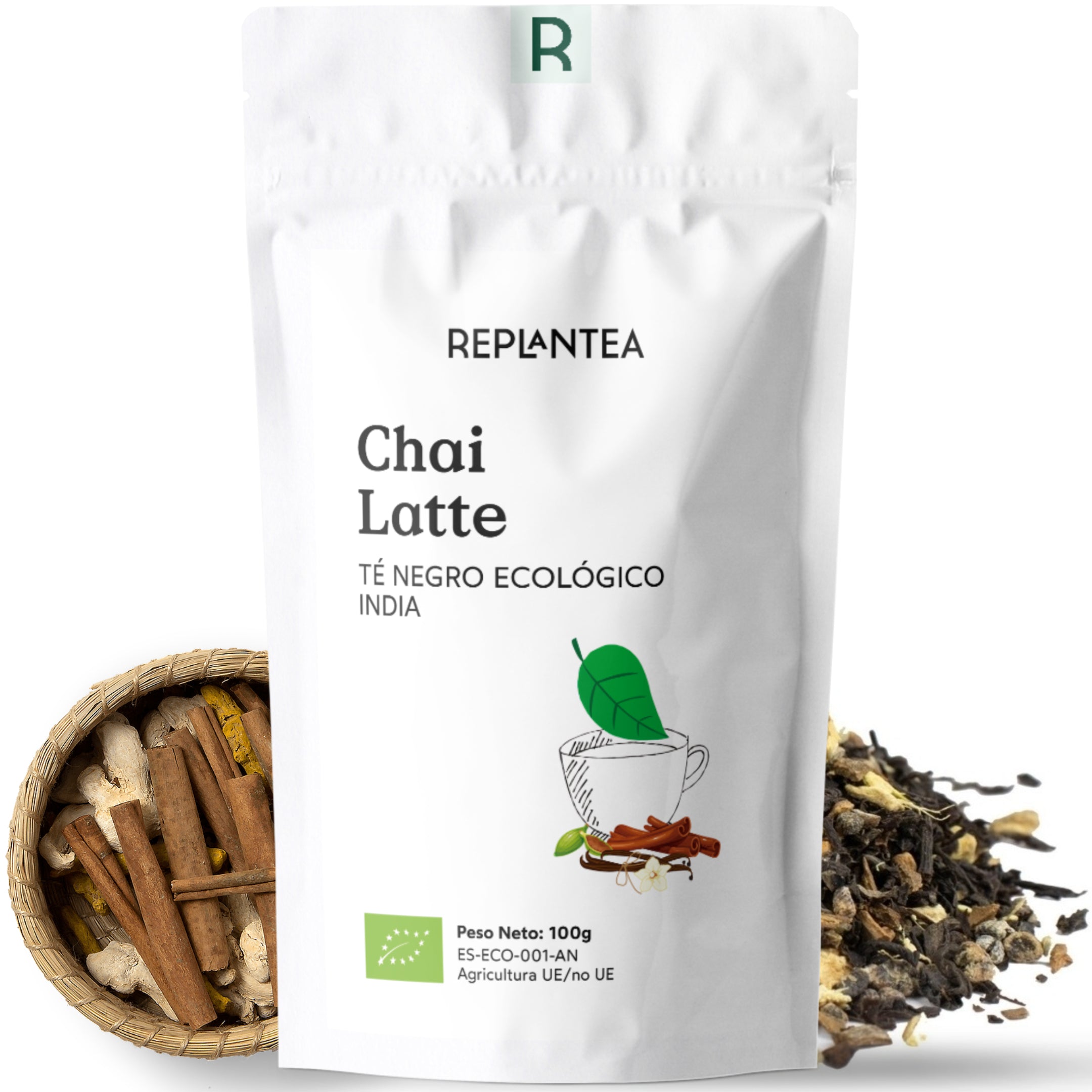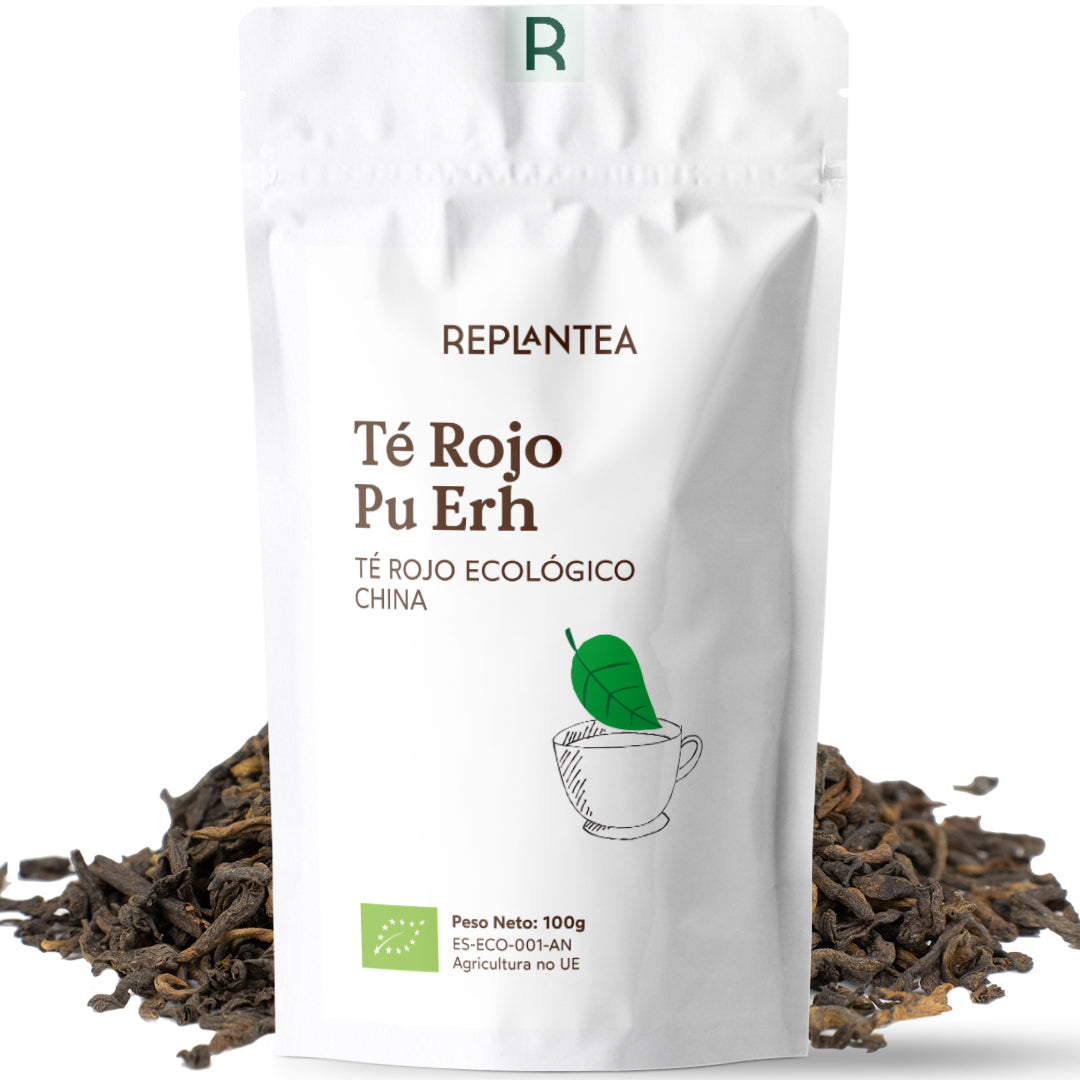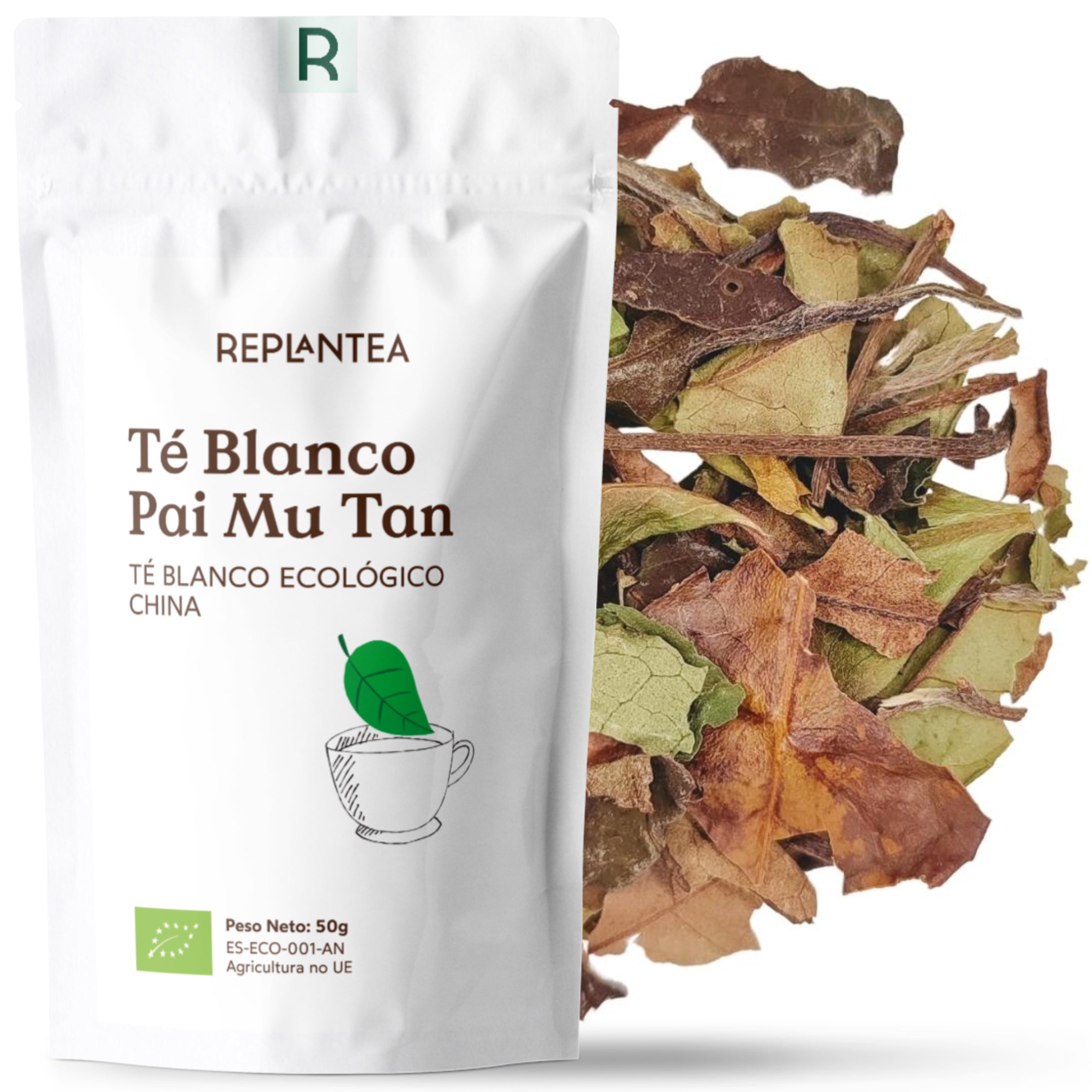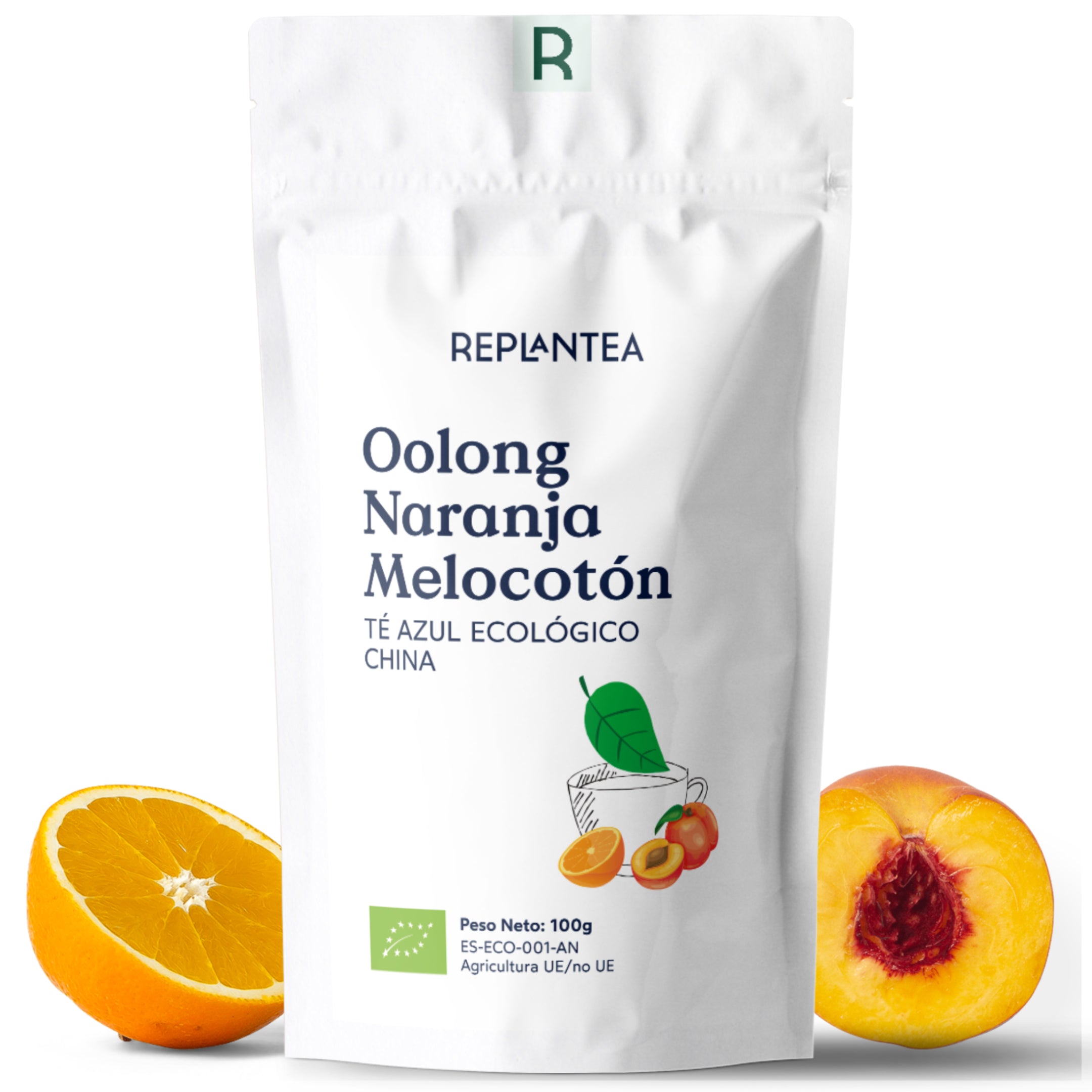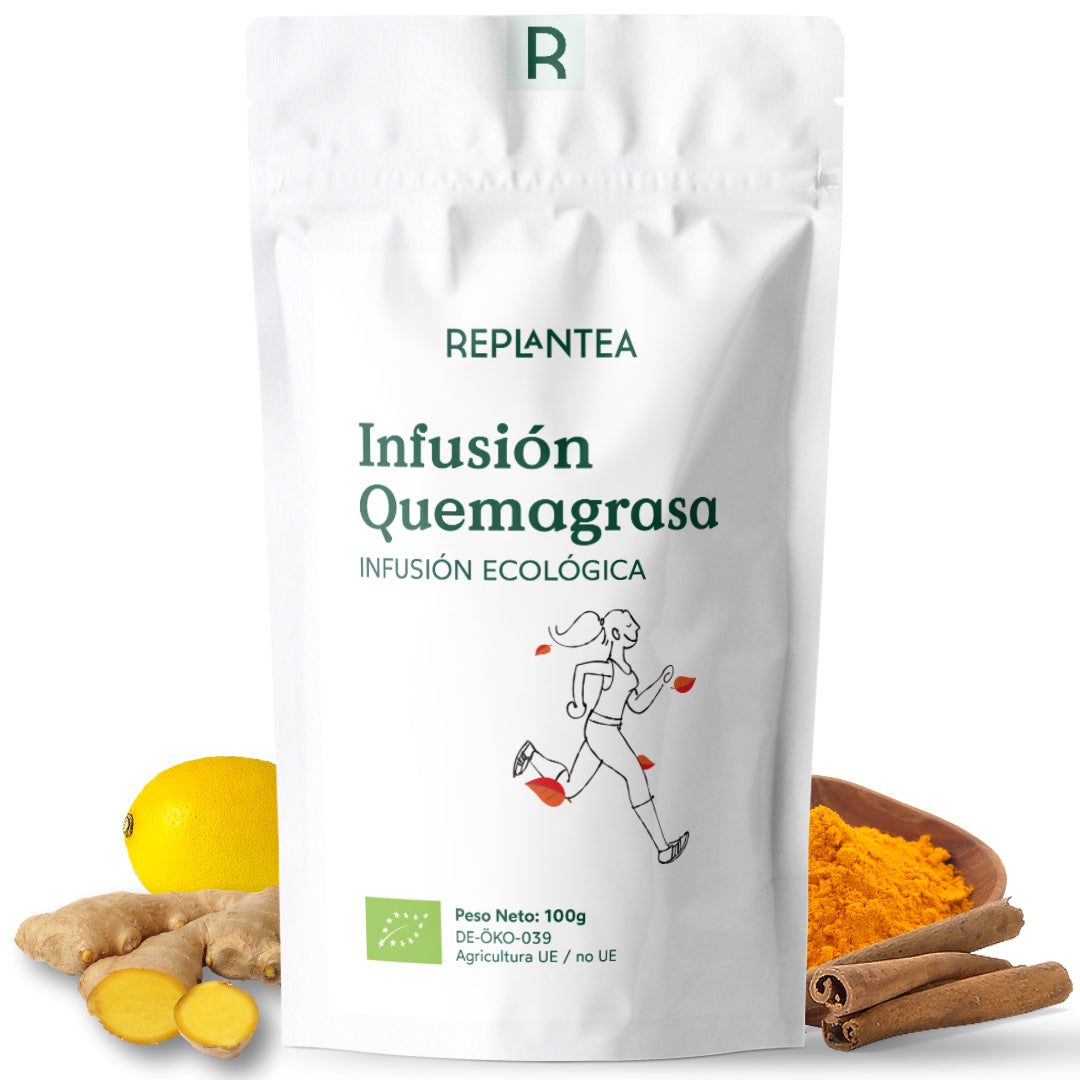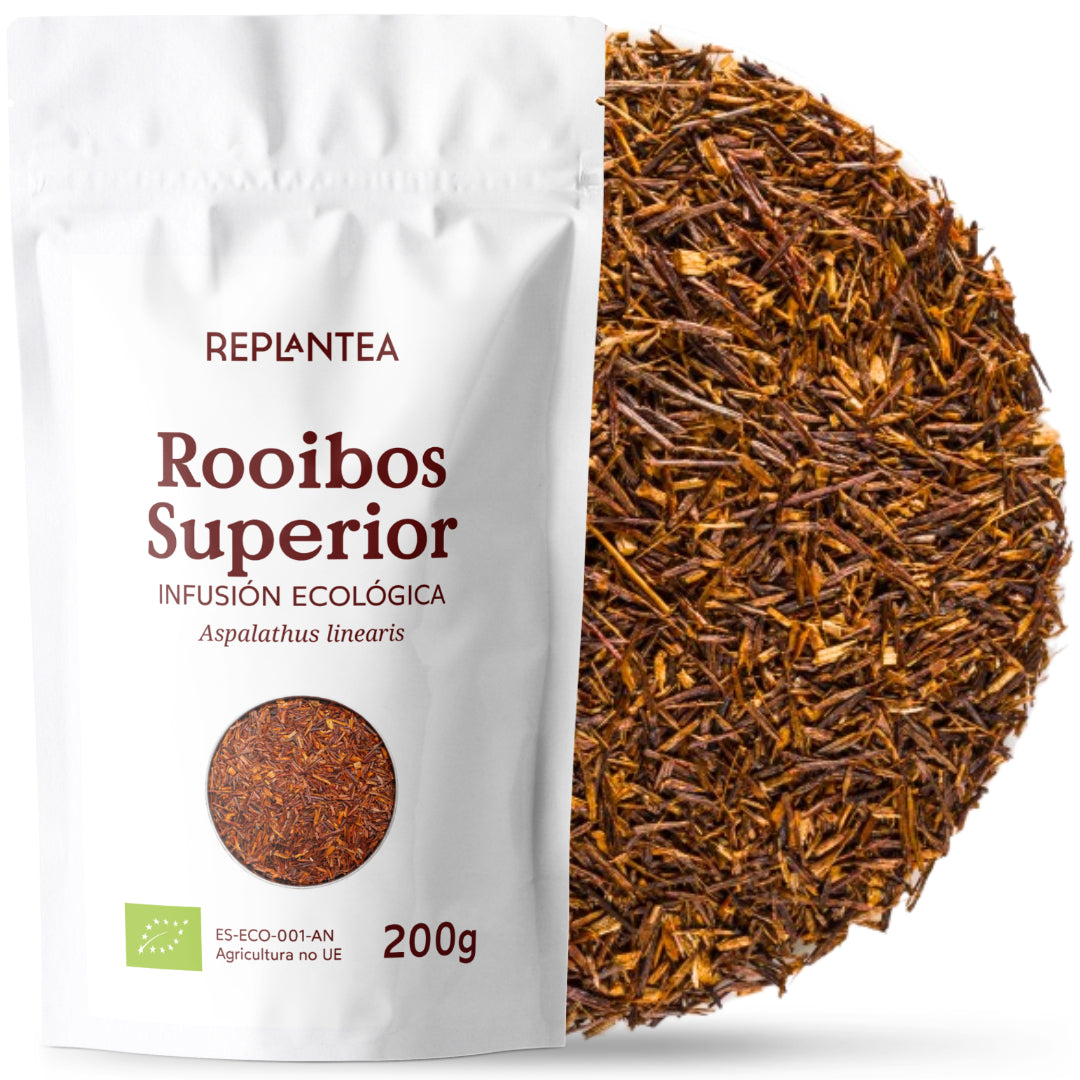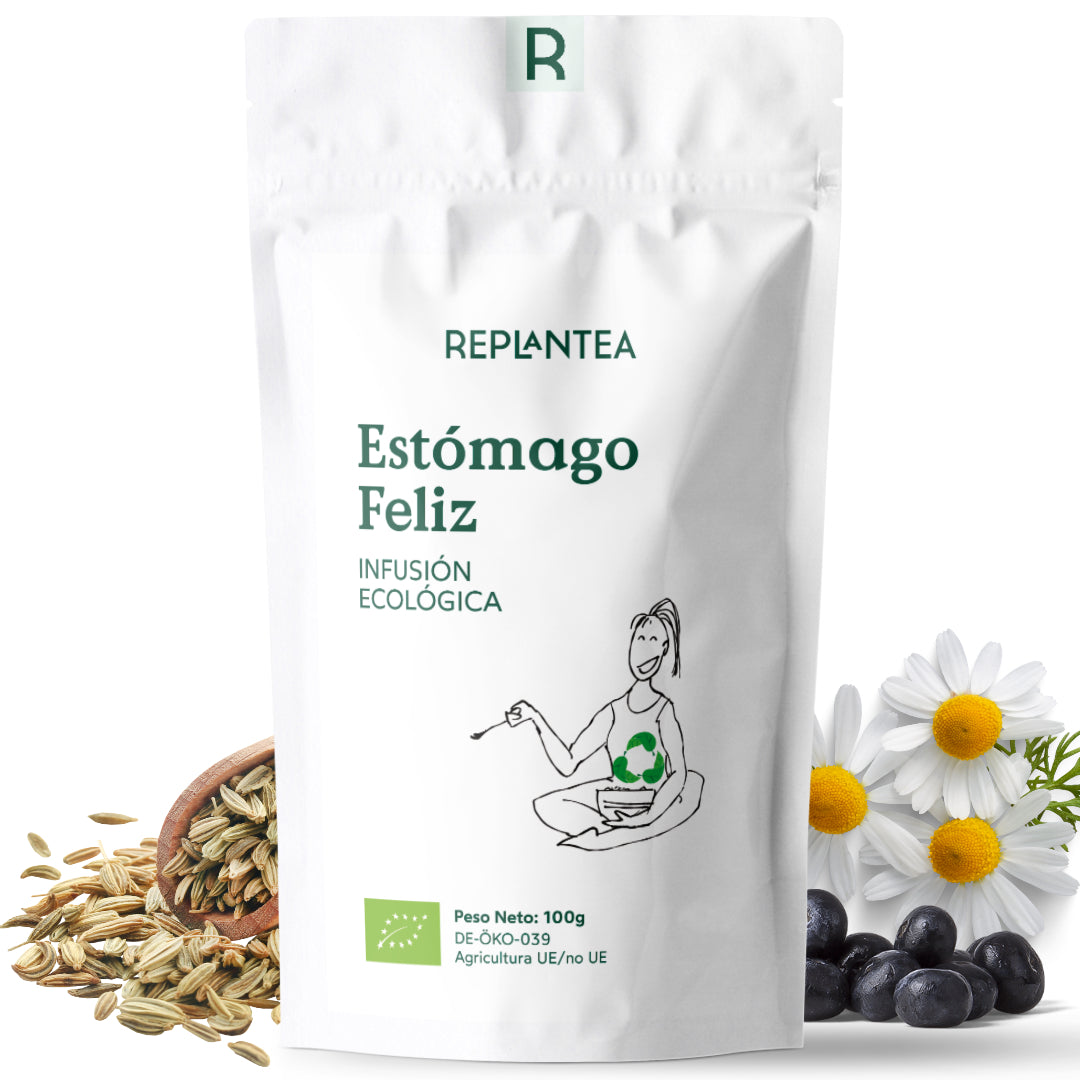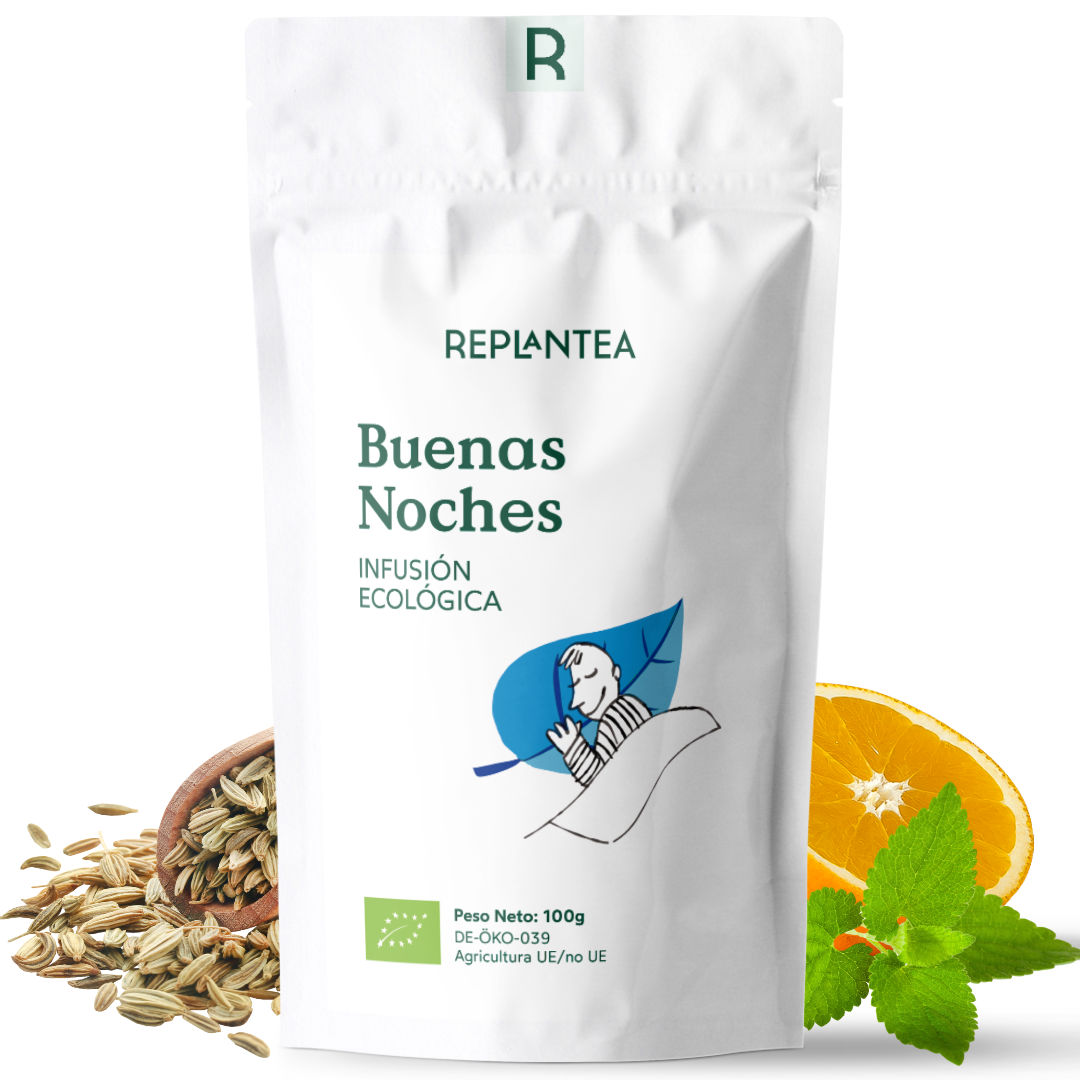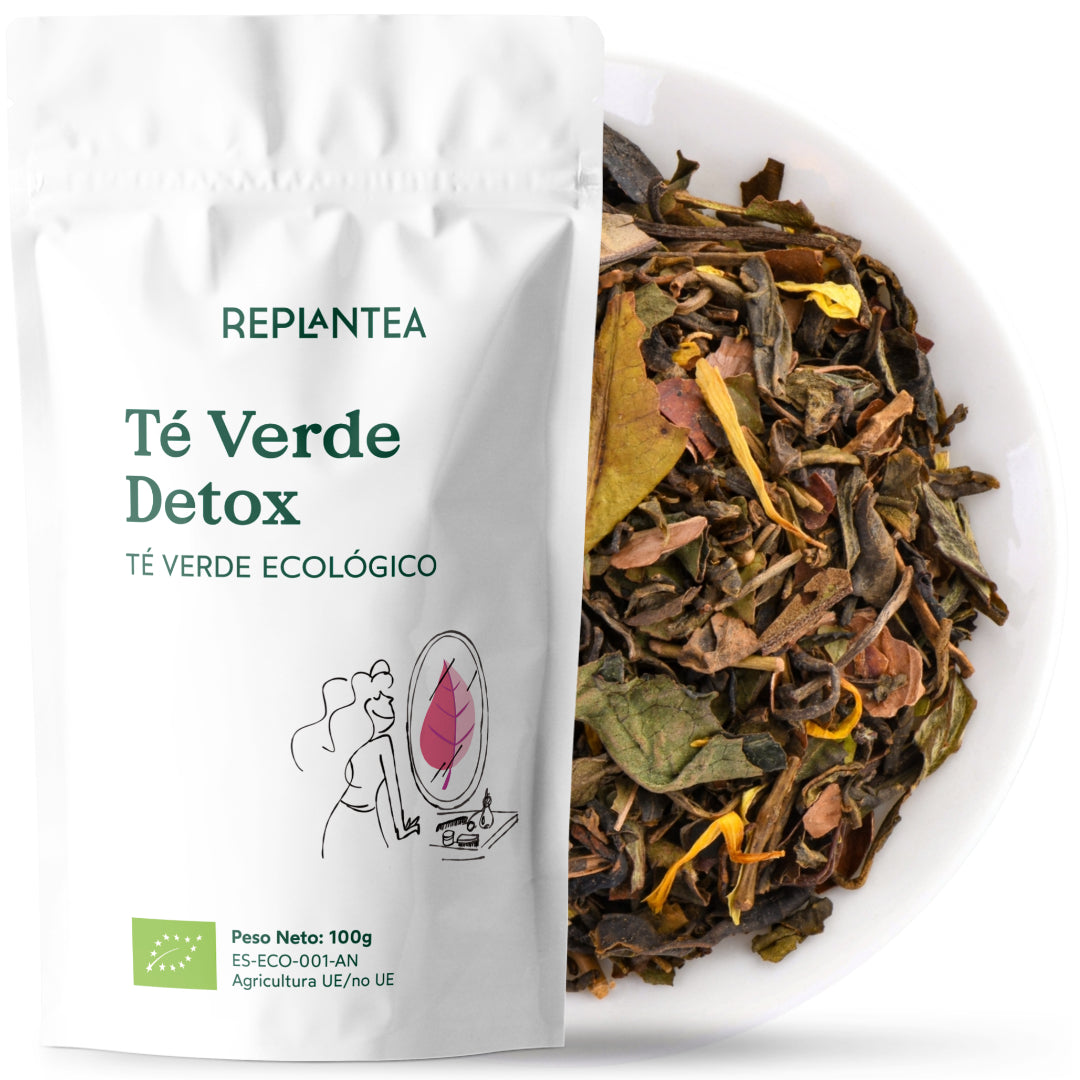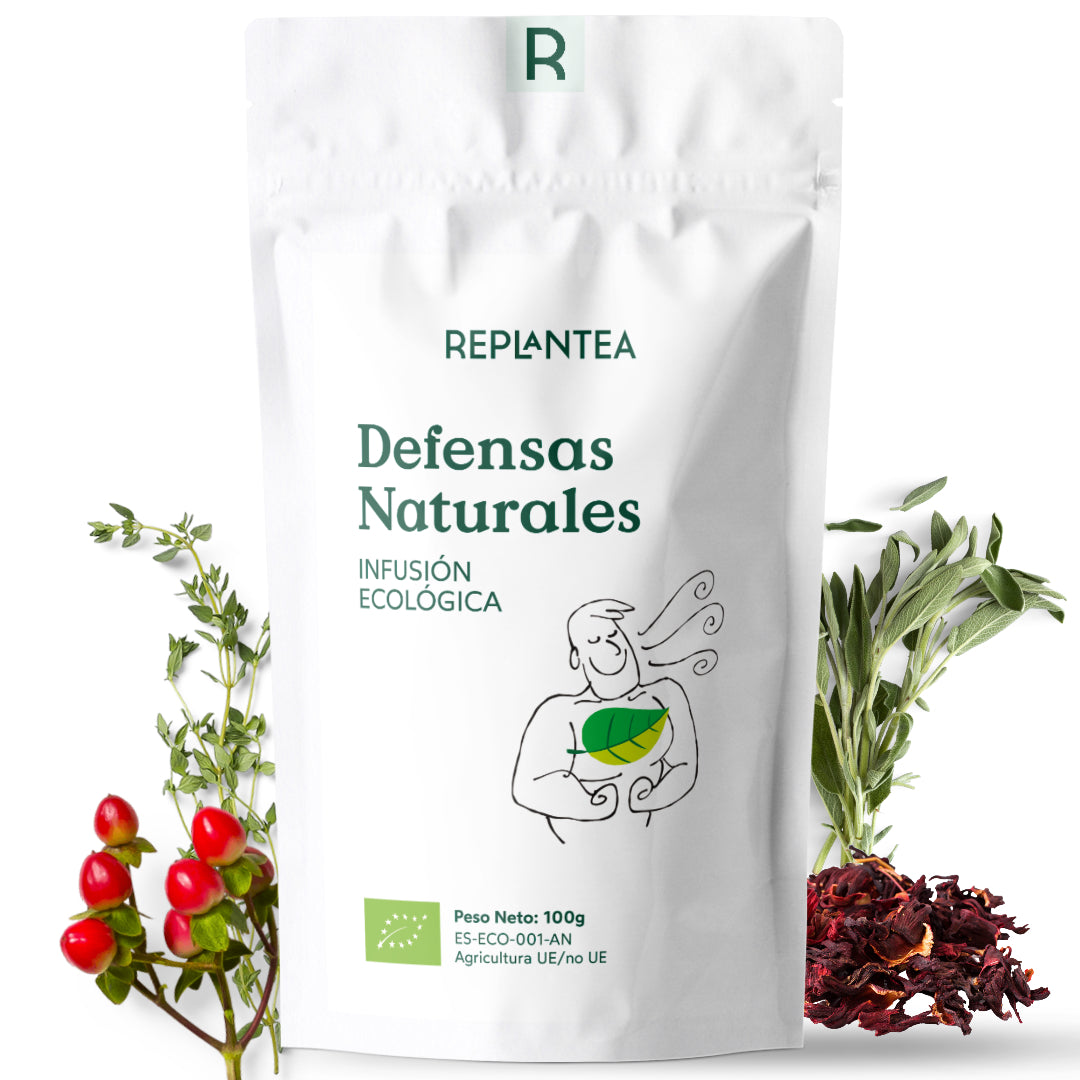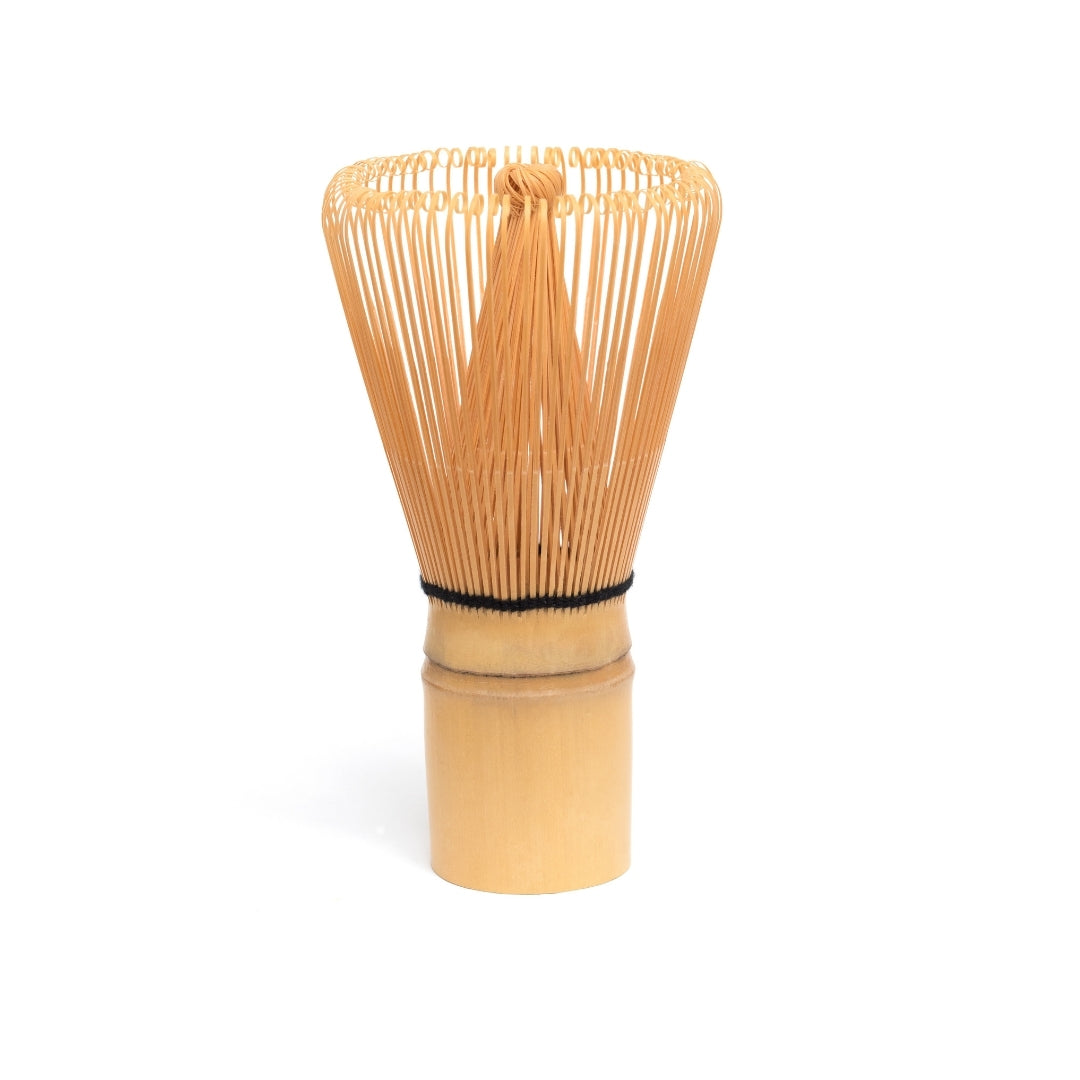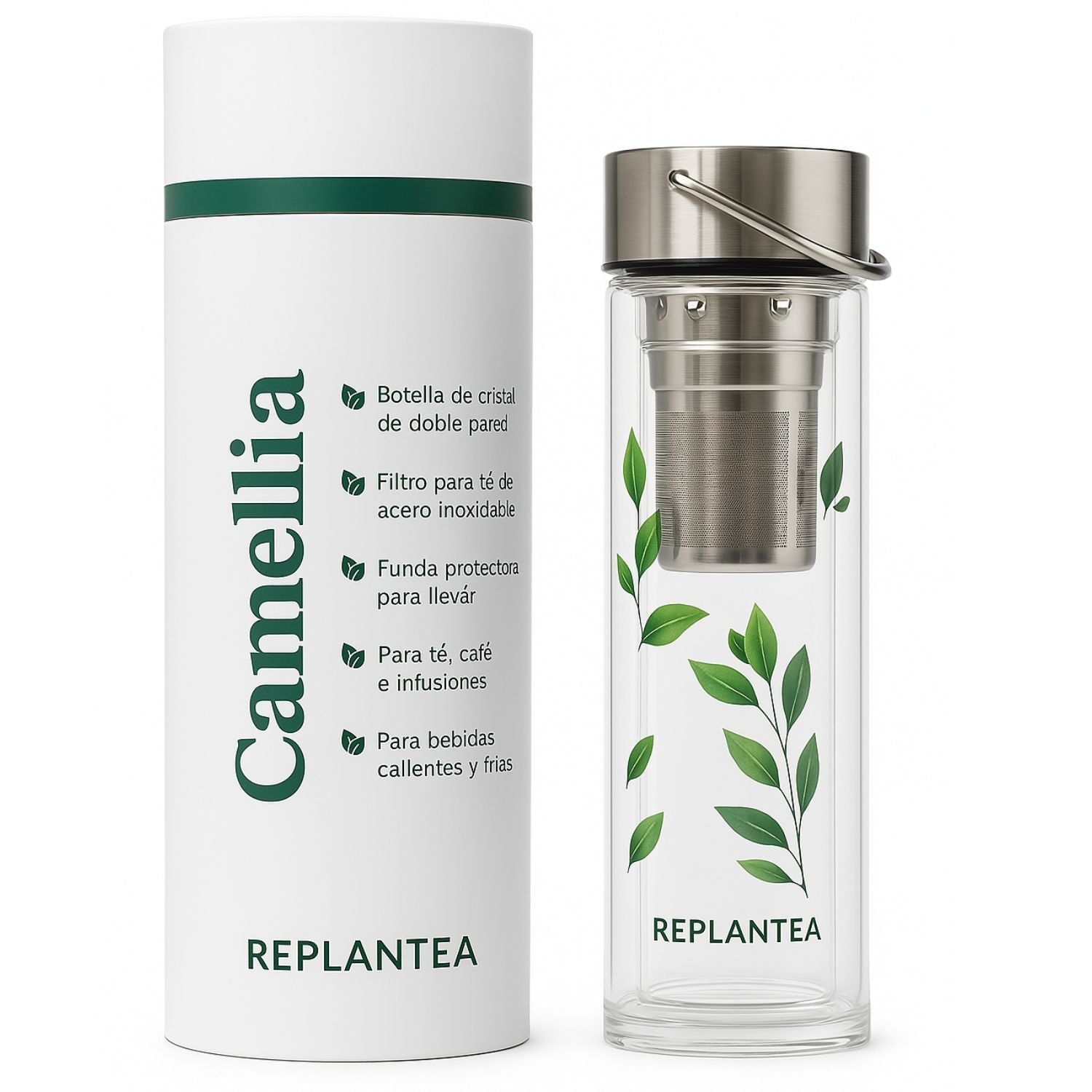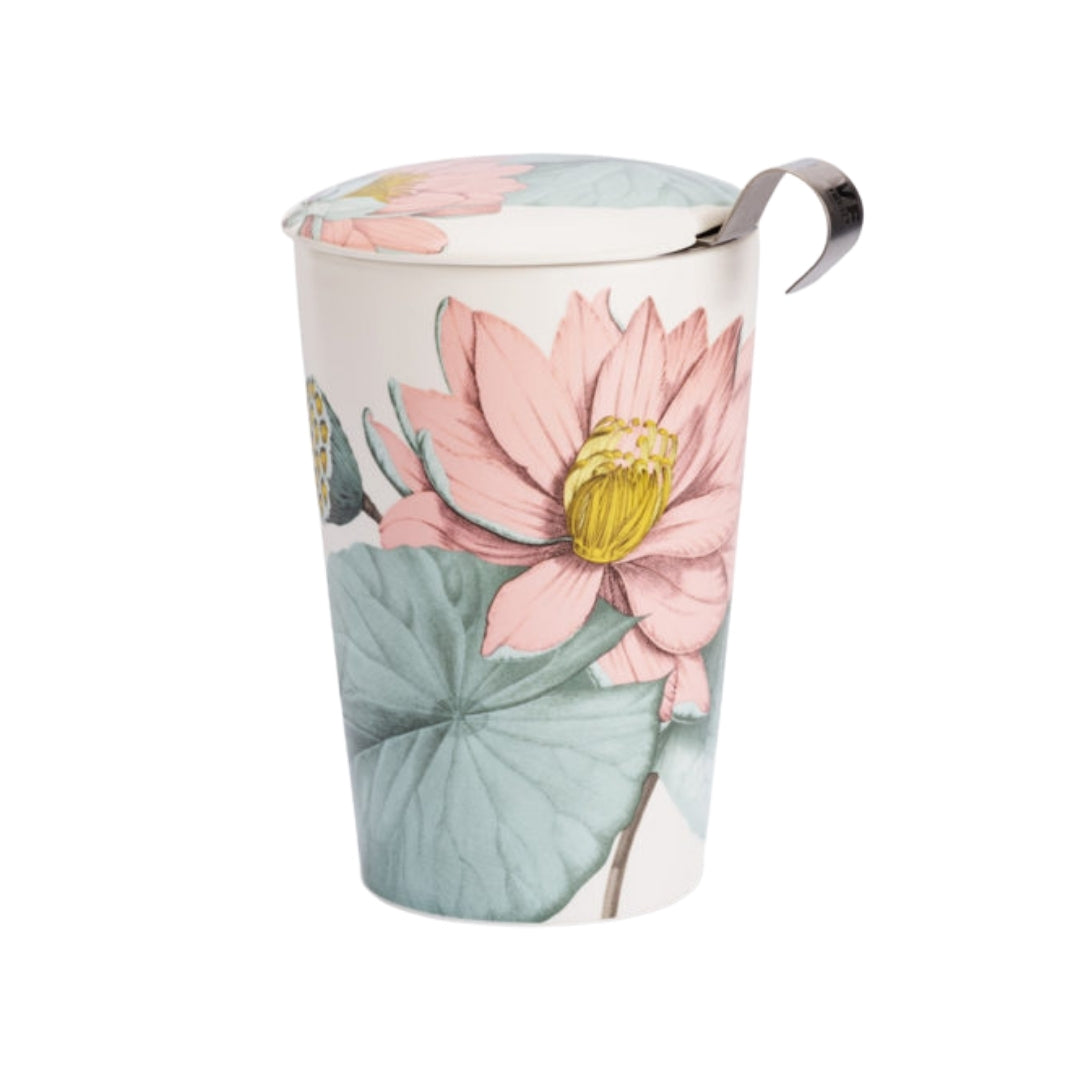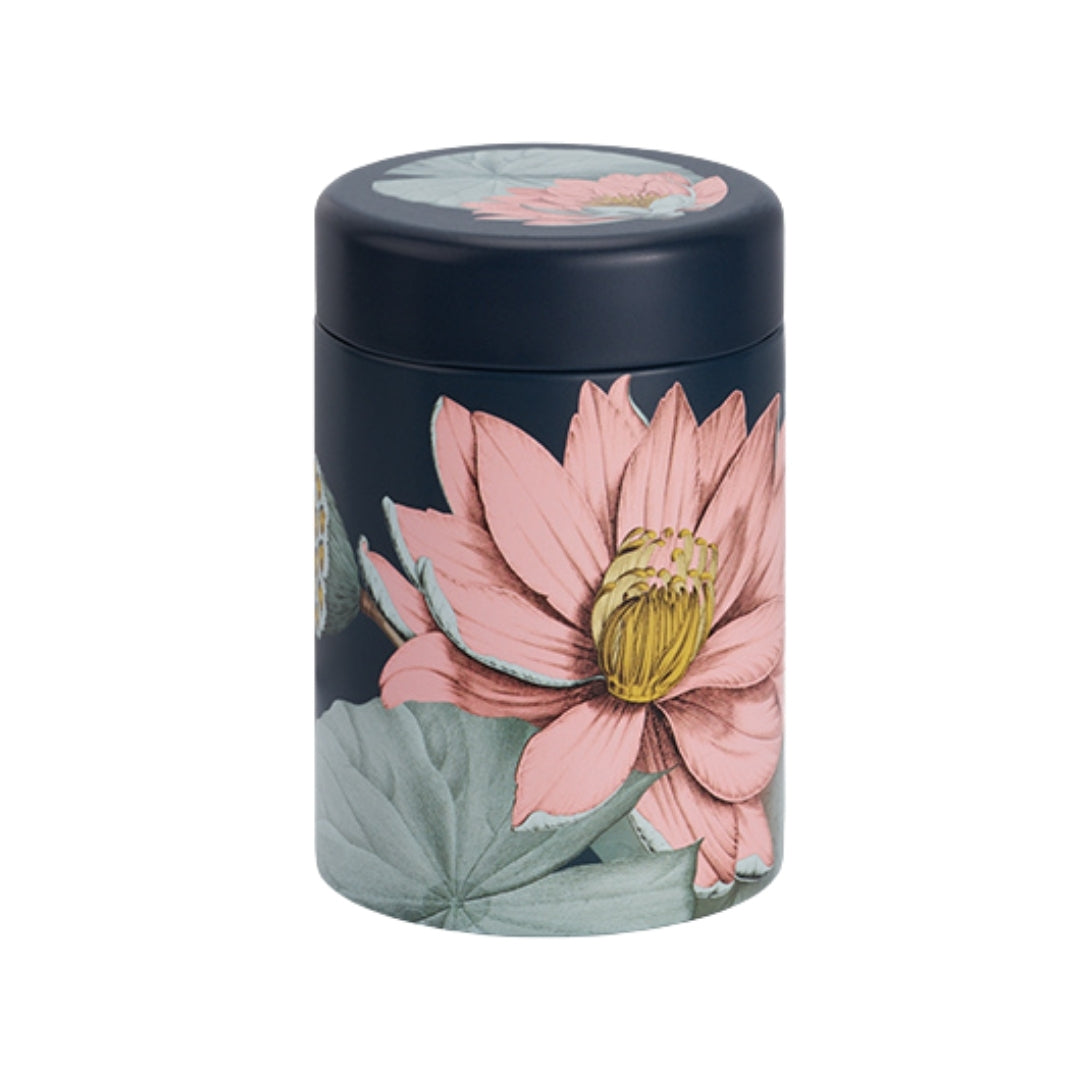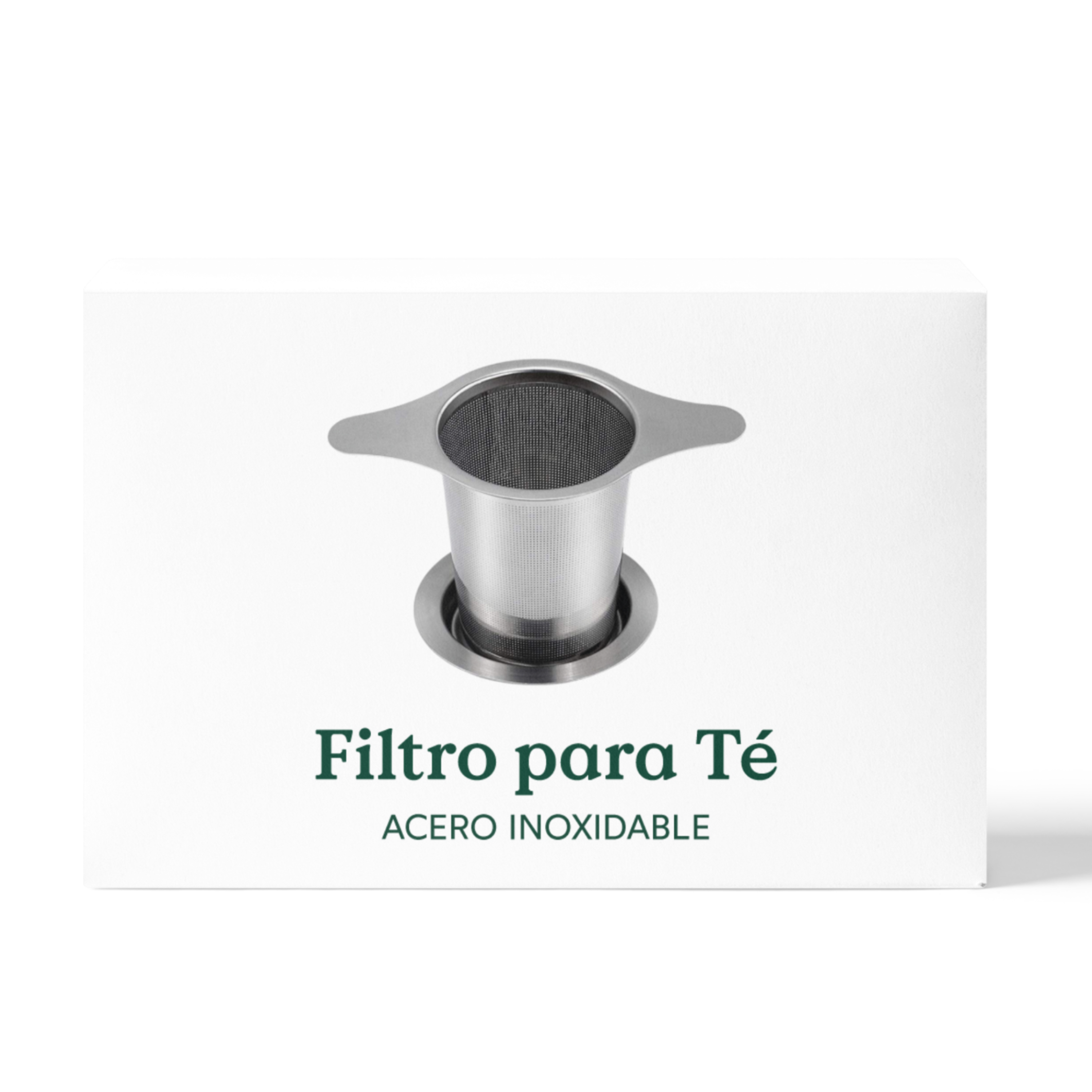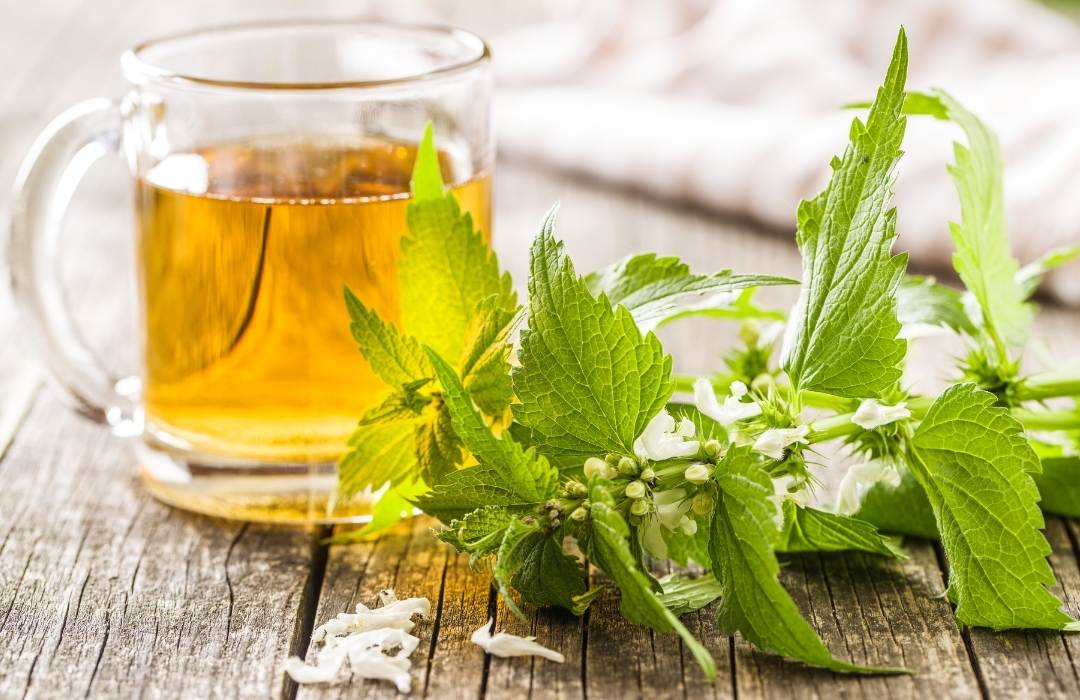
5 Infusions for Urinary Tract Infections You Should Know
Urinary tract infections are one of the most common bacterial infections worldwide, with an estimated 150 million people suffering from them each year.
Anyone can get a urinary tract infection, but women are 30 times more likely than men. Approximately 40% of women will experience one at some point in their lives.
Herbal infusions can be a great natural remedy for combating urinary tract infections, especially for those who suffer from them more often.

Are infusions good for preventing urinary tract infections?
Urinary tract infections can be treated with antibiotics, but recurrence of the infection is very common.
Furthermore, overuse of antibiotics can have long-term negative consequences, such as harming normal, healthy bacteria in the urinary tract and possibly contributing to the development of antibiotic-resistant strains of bacteria.
That said, some research suggests that up to 42% of mild, uncomplicated urinary tract infections can be resolved without the use of antibiotics.
If you experience recurring urinary tract infections, you can try alternative, all-natural solutions to antibiotics.
Herbal infusions are ideal for urinary tract infections, as they are naturally processed by the kidneys and urinary tract. It's well known that one of the recommendations for eliminating urinary tract infections is to drink plenty of water. So, herbal infusions are a way to increase hydration and eliminate bacteria, but which infusions are most effective for urinary tract infections?
Below we present 5 infusions to help you prevent and treat urinary tract infections.
5 Infusions for urinary tract infections
1. Nettle infusions
Nettle infusion has long been used in herbal medicine as a treatment for urinary tract disorders. Researchers found that nettle extract helped inhibit pathogens that can cause infections leading to kidney stones and recurrent urinary tract infections. This plant may also help improve fluid retention to minimize frequent urination.
Nettle also has anti-inflammatory properties, lowers blood pressure, and is rich in nutrients such as vitamins A, B, and C.
RELATED INFORMATION
2. Mint infusions
Mint infusions are also used as a natural remedy for urinary tract infections.
Some laboratory research has found that mint leaves have antibacterial effects against several urinary tract infection-causing bacteria, such as E. coli. Certain compounds found in mint leaves may also help reduce bacterial resistance to antibiotics.
3. Chamomile infusions
Chamomile tea is commonly used in herbal medicine to treat a wide range of physical ailments, including urinary tract infections.
Like parsley, chamomile has a diuretic effect and contains plant compounds with anti-inflammatory and antibacterial properties.
These characteristics are believed to help reduce inflammation, inhibit bacterial growth, and eliminate infectious bacteria from the urinary tract.
4. Hibiscus infusions
Hibiscus, in addition to its attractive color and flavor, has proven to be a valuable option for combating urinary tract infections. This flower contains antibacterial and antioxidant properties that can help prevent and relieve urinary tract infections. Its ability to reduce bacterial adhesion to the bladder walls can be especially beneficial, helping to maintain a healthier urinary tract. Consider incorporating a hibiscus infusion into your daily routine to take advantage of its potential diuretic and anti-inflammatory properties, which could help manage urinary tract infections.

5. Dandelion
Dandelion, known for its presence in fields and gardens, can be an effective option for combating urinary tract infections. This plant has natural diuretic properties, meaning it can help increase urine production and, therefore, promote the elimination of bacteria and toxins from the urinary tract. Furthermore, dandelion is rich in antioxidants, which can help reduce inflammation and promote overall urinary tract health.

Other remedies to combat urinary tract infections
In addition to infusions, there are other natural remedies to combat urinary tract infections:
Green tea
Green tea contains a large amount of plant compounds called polyphenols, known for their potent antimicrobial and anti-inflammatory effects.
Epigallocatechin (EGCG), a compound in green tea, has been shown to have potent antibacterial effects against strains of E. coli that cause urinary tract infections in test-tube studies.
Several animal studies have also found that green tea extracts containing EGCG can enhance the effectiveness of certain types of antibiotics commonly used to treat urinary tract infections.
RELATED INFORMATION
Garlic
The healing potential of garlic is often attributed to the presence of a sulfur-containing compound known as allicin.
In test-tube studies, allicin shows strong antibacterial effects against a wide variety of infectious bacteria that cause urinary tract infections, including E. coli.
Other evidence from individual case reports suggests that garlic may be an alternative therapy for treating urinary tract infections in humans, but robust research validating these results is lacking.
Blueberry
Fresh cranberries and cranberry products, including juices and extracts, are among the most popular options for natural and alternative treatments for urinary tract infections.
Cranberries contain a variety of chemical compounds, including D-mannose, hippuric acid, and anthocyanins, which may play a key role in limiting the ability of infectious bacteria to adhere to the urinary tract, thus hindering their growth and ability to cause infections.
Consult your doctor
If you suspect you have a urinary tract infection, see your doctor as soon as possible.
Even mild infections can quickly worsen and spread to other parts of the body, which can have very serious health consequences.
Therefore, it is not recommended to attempt to diagnose and treat a urinary tract infection on your own without the guidance of a medical professional.

